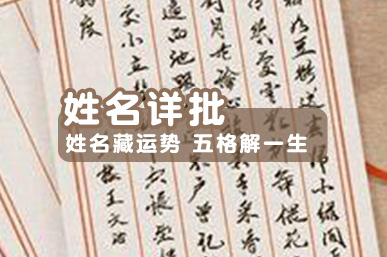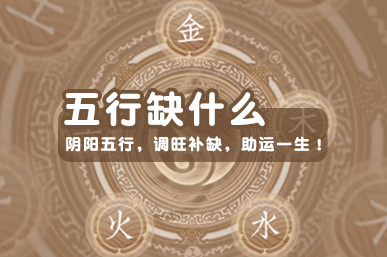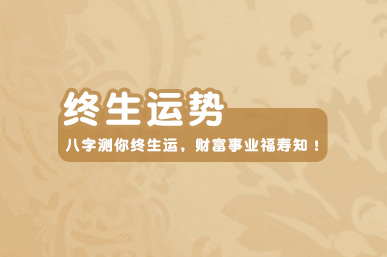As
a
foreigner,
reading
feng
shui
and
fortune
telling
can
be
a
fascinating
experience.
Despite
being
a
skeptic,
I
cannot
deny
the
intricate
and
nuanced
components
that
create
this
traditional
Chinese
practice.
The
use
of
architecture
and
natural
surroundings
to
determine
energies
and
positive
or
negative
outcomes
is
unique
and
captivating.
As
a
non-Chinese
speaker,
I
am
limited
in
my
ability
to
truly
understand
the
complexity
of
feng
shui
and
fortune
telling.
However,
the
symbols
and
associated
m(学习更多 星座查询表知识请关注 :星座圈,Www.xinGzuoQuAn.CC』eanings
are
often
universal,
allowing
for
a
basic
level
of
comprehension.
Colors,
shapes,
and
placements
can
create
or
redirect
the
flow
of
energy,
and
certain
elements
are
believed
to
attract
good
luck,
health,
and
wealth.
While
some
may
view
feng
shui
and
fortune
telling
as
superstition,
it
is
still
deeply
ingrained
in
Chinese
culture.
The
practice
has
been
passed
down
through
generations
and
is
even
utilized
in
modern-day
real
estate
and
business
ventures.
Seeing
firsthand
the
importance
placed
on
feng
shui
and
fortune
telling
has
been
enlightening
and
has
allowed
me
to
appreciate
the
significance
of
cultural
traditions.
Ultimately,
the
practice
of
feng
shui
and
fortune
telling
is
an
intriguing
aspect
of
Chinese
culture
that
can
be
appreciated
and
explored
from
an
outsider's
perspective.
Even
if
one
does
not
fully
believe
in
their
credibility,
the
artistry
and
thought
put
into
the
practice
cannot
be
dismissed.







